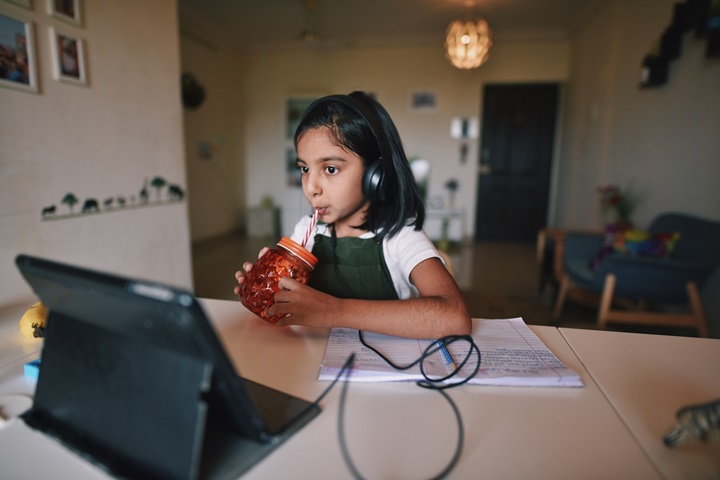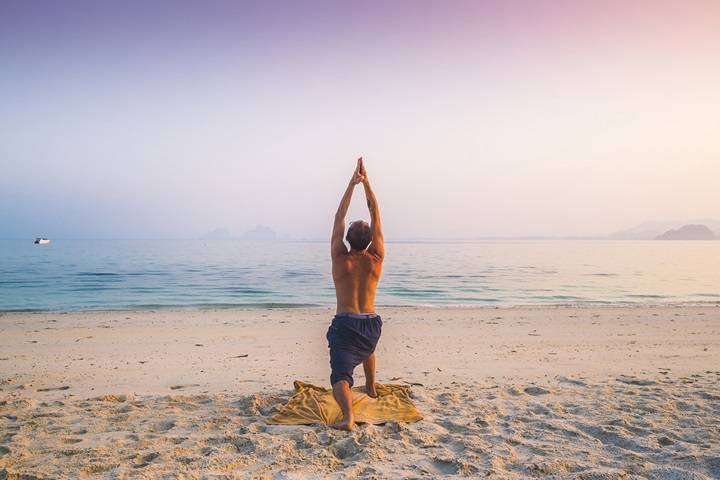About this research
While the past year has been met with uncertainty and forced changes, we're beginning to understand the impact of the COVID-19 global pandemic and witness new consumer trends and insights.
Kantar has executed a global study to evaluate behavioural shifts, opinions and the overall impact the pandemic has had on our communities.
We've collected feedback on:
- Employment impact
- Educational impact
- Ecommerce impact
- Vaccination opinions
This research was conducted online in January 2021 among 8,102 people across eight global markets: USA, United Kingdom, France, Germany, Netherlands, Italy, Mainland China and India. Respondents were sourced from Kantar’s LifePoints research panel, only accessible through the Kantar Profiles Network. All interviews were conducted as online self-completion and collected based on local census distributions. Respondents from Mainland China were not included in the vaccine related data.
Additional data around vaccine opinions was collected from Kantar's physician panel among 1,408 doctors across US, UK, Germany, France, Italy and Spain.
Explore some of our findings below and a comprehensive report here.
Employment
Education
A father in India said...
Vaccine willingness
Distribution and media
Vaccine Distribution
Patient Interactions
A 28-year-old man from the UK said....

